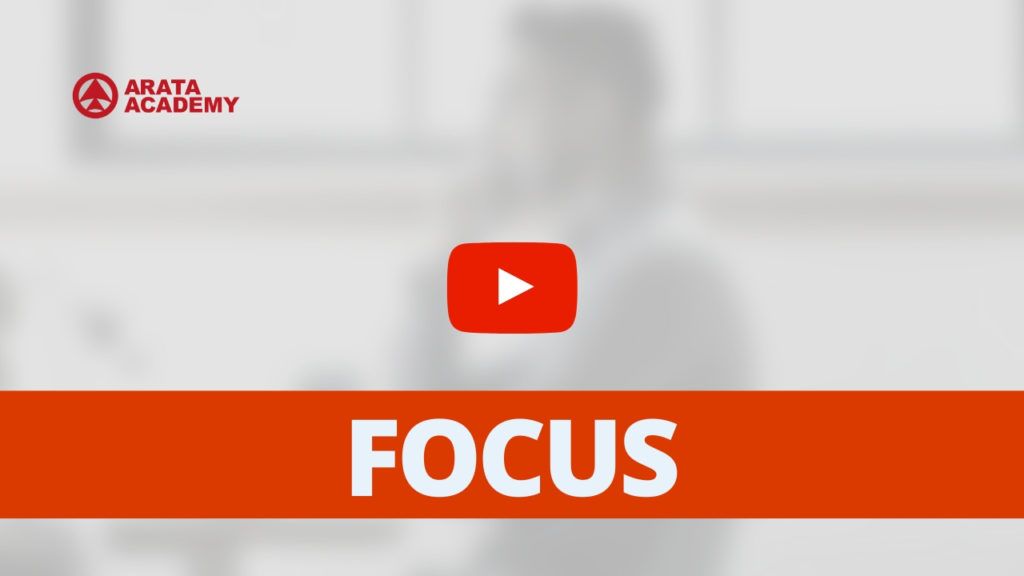Hello! Seiiti Arata. When we send an instant message to a group of friends or family, when we make a call, or even when we come face to face with someone, there is an exchange of information. Happens? But this doesn’t mean that there is true communication, a good conversation.
1. What is good conversation?
It’s when the participants of a conversation go away feeling better than when they arrived. A valuable exchange has happened. A genuine, sometimes profound, interaction. We reveal our best side and show it to the other person in the hope that they too will do the same.
It’s when we’re authentic, stay respectful, and appreciate the diversity of every opinion.
So then, see that a good conversation goes way beyond that of a simple exchange of information.
These are just some ideas for us to begin with. At the end of the day, the only person who can define what is a good conversation for you, is yourself.
Stop for a second and remember a good conversation you’ve had in some moment of your life. What were the elements and components that allow you to say that was a good conversation? What happened? And what didn’t happen?
It’s very common for us to hear stories of those who complain of low quality conversations, superficial, predictable interactions. Interactions which sometimes create anxiety, or are annoying.
2. We are creating isolating bubbles.
We are living in an age that is very dangerous for our happiness and our relationships. In the book The Lost Art of Good Conversation, we hear of a sage that alerts us about a sad future where there is an erosion of human consciousness.
In this scenario, a good education and good conversations disappear. Instead of constructing a society around dignified principles, we end up isolating ourselves in bubbles and are constantly distracted by electronic equipment and by our possessions. This distraction separates us from true happiness.
On the one hand, intolerance and extremism grow and at the same time we stop cultivating healthy, accepting deviations in behavior as though it were something normal.
3. Pressure ruins good quality conversation.
Lack of patience and a constant search for a higher speed make for less reflection time before we express ourselves.
We want to listen with calm. Let the other person finish their thoughts, speak sentences that make sense. Speak with clarity, breathe, maintain a posture, composure, respect.
How is it that you will reflect? First, practice empathy before reacting. Try to understand the cause of the other person’s emotions, putting yourself in their place. Ask questions.
When we reflect before speaking, that which we then say is a lot more potent. After all, it’s a message that comes delivered with the empowerment of intention.
When you’re locked into some type of toxic conversation, ironic, cruel or abusive, pay attention to the velocity in which the dynamic of the conversation is happening. A lot of pressure causes anxiety and a lack of reflection, and therefore negative language.
4. Rage and hate through social media.
Notice how it’s very easy to project our rage through messages of hate through social media.
In a certain way, the interaction through a computer transforms us into one dimensional characters. That offensive comment made through social media would hardly have occurred the same way in a face to face conversation whilst sat having a coffee.
Careful with attachment. There’s a very deep human need in finding coherence and feeling in our surroundings. When we are around conflicting information, we lose confidence, and in the search for coherence we begin to form opinions and preferences. This is normal and heathy.
The problem is that when we start to identify with these opinions, confusing them with our own identity. We leave behind our ego and the attachment and these opinions deepen our notion of who we are and thus every time these ideas are questioned, we feel attacked.
Technology is very important for us to stay connected. However it would be wise for us to utilize this technology well. It’s not worth just having the potential for connection. We want to effectively have good conversation and interactions.
5. A good conversation doesn’t have a winner or a loser
You don’t need to agree with everything that is said nor do you need to argue or debate everything.
A good conversation accepts that each person is different, comes with distinct experiences, perspectives, values, and opinions.
It’s not a championship, tournament, competition, it’s not necessary that you win every debate: when you enter a conversation with the objective of winning a argument, everyone loses.
A good conversation depends on the opening, and if we enter a conversation with a fixed opinion and without the intent of understanding different perspectives, there is no opening. We want only to convince the other person of our perspective. We fail to hear.
6. For a good conversation, we need to know how to listen.
Are you truly listening? If you feel difficulty in listening or others complain that you don’t truly listen, what’s happening?
It could be that it’s difficult for you to stay concentrated in the present moment. To hear, it’s necessary that you be attentive and focused.
– Could it be that you’re judging that which was said, if the message from that person is right or wrong?
– Are you evaluating if you like what the other person is saying?
– Do you agree or disagree with that which is being said?
– Are you looking for counter arguments or exceptions to the idea that’s being presented?
– Are you comparing that that was said with your own experience?
– Do you start to imagine what it is that you would do in that situation?
– What type of solution do you have, what advice?
All these mental activities tend to begin to snowball. They start in a relatively inoffensive way but suddenly you’re no longer listening to what’s being said, you’re navigating your way through your own thoughts and are disconnected from the conversation with the other person.
You can disconnect so much to the point of no longer wanting her to talk and you end up interrupting.
7. For a good conversation, it’s necessary to be present.
We lack the state of plain attention, the mindfulness, that is the basis of discernment and consciousness.
The problem is that we are steadily more accustomed to different types of distraction and we have more and more difficulty focusing. A lot of the time we avoid giving initiative to true conversations because they take up a lot of attention. And attention is a resource that is more and more scarce.
When we’re present in the now, we increase the respect for the interaction, you increase your self-respect and therefore also will have more respect for the other person.
For a good conversation, you need to be present. And for this you need to know how to listen, to listen, you need to control your pressure and your anxiety. For all this you need to have control over your own focus.
Be honest with yourself. Are you realising the importance in maintaining a high level of consciousness in your interactions, which are the people with whom you can have true quality conversations. How is the balance between the time that you truly converse with total presence and the moments of your life in which your focus is spread across multiple superficial interactions? When is it that you last had a truly good conversation with someone?
If you have problems in controlling your focus, I invite you to visit the link http://arata.se/focuscourse and complete the exercises to increase your capacity for focus.

